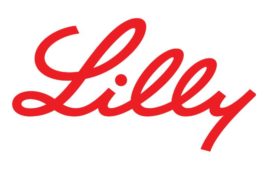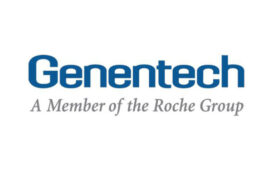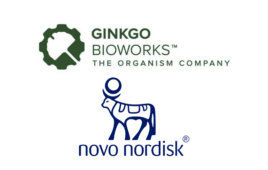-

The formulation plumes from a nasal spray applicator. Image courtesy of the University of Birmingham.
Scientists at the University of Birmingham in the United Kingdom have developed a nasal spray that reportedly suppresses COVID-19 infection.
The nasal spray includes λ-carrageenan and gellan polysaccharide, both of which are already available as pharmaceutical-grade materials. The polysaccharides in the formulation are known for their mucoadhesive properties.
In essence, the formulation is designed to work by coating viral particles within the nose to block its entrance into cells within the body. After the viral particles are coated, the body should be able to eliminate them through swallowing or blowing of the nose.
The researchers had researched soft materials for use as eye drops previously. “When the pandemic gained momentum, we asked ourselves whether it would be possible to repurpose some of this know-how to try and block transmission,” said Liam Grover, a professor specializing in biomaterials science and the director of the Healthcare Technologies Institute said: “As the nasal epithelium has been where most infections start, we focused on the development of something that would spray well and cover the surface of that tissue,” he added. “Our paper describes how we formulated the spray to optimize surface coverage and reports on a formulation that sprays well while providing protection from viral uptake.”
Furthermore, the antiviral nasal spray is meant to reduce the potential of the virus to spread via a sneeze or cough. It is not meant to replace hygiene measures such as mask wearing or handwashing. “What this spray will do, however, is add a second layer of protection to prevent and slow virus transmission,” Moakes said.
Researchers within the University of Birmingham’s Healthcare Technologies Institute created the formulation, which they say could be commercially available in the near future.
“This spray is made from readily available products that are already being used in food products and medicines, and we purposely built these conditions into our design process. It means that, with the right partners, we could start mass production within weeks,” said Richard Moakes, a research fellow at the University of Birmingham, in a statement.
The scientists tested the ability of the nasal spray to inhibit an infection of the novel coronavirus. A pre-print of that study is now available.
The university has filed for a patent for the formulation, which can also potentially be used orally or as a multi-surface spray.





Tell Us What You Think!